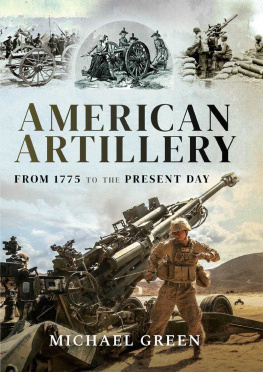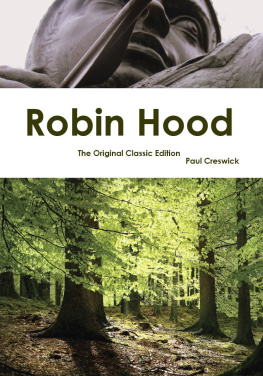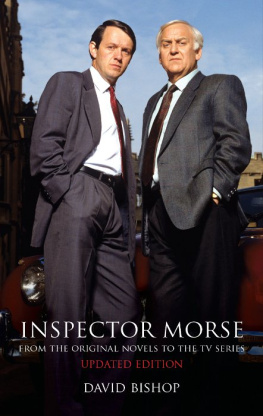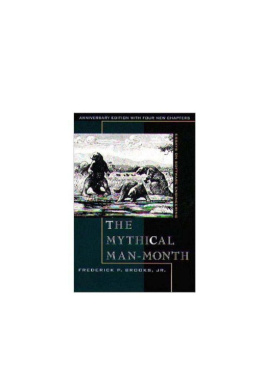Transcribers Notes:
Every effort has been made to replicate this text as faithfully as possible.
Punctuation has been standardised. Spelling has been retained as it appears in the original publication except as marked like this in the text. The original text appears when hovering the cursor over the marked text. A is at the end of the text.
THE OLD FIRST
Our First State Camp, Neponset, 1849
THE OLD FIRST
Massachusetts Coast Artillery
IN
War and Peace
By
FREDERICK MORSE CUTLER, B.D.
First Lieutenant, Chaplain
Publisher's Logo.
THE PILGRIM PRESS
BOSTON CHICAGO
Copyright 1917
By FREDERICK MORSE CUTLER
First Edition, March 21, 1917
Second Edition, April 30, 1917
THE PILGRIM PRESS
BOSTON
CHAPTER I
THE COAST ARTILLERY
When Chaplain Minot J. Savage first listened to the March of the First, inspiration fired his soul; the music was repeating a message to him. Was there something in the brazen voice of the horns, a magical harmony of sound with sense; or was it merely the loyal Chaplains imagination? At any rate this is what he heard:
Were brothers of all noble men,
Who wear our countrys blue,
We brothers find in any race,
Where men are brave and true.
But weve a pride in our own band,
And we are all agreed,
Whatever grand deeds others do,
The Old First still shall lead.
So while our feet keep music time,
Our hearts are proudly beating
An echo to Mans forward hope
That never knows retreating.
And now, whenever Adjutants call sounds and the companies move into line with the precision and rhythmic swing characteristic of well-trained troops, they also hear the message which was written down for them by the Chaplain many years ago, The Old First still shall lead. They hear and believe.
Today it becomes the privilege of another Chaplain to set forth in this little book the reasons why the Old First believes in itself. We shall see how the present grows out of a long and noble past. Back in Civil War times observers noted that the regiment was one to be proud of; there was a large proportion of sensible, solid men who enlisted because it seemed duty, whose patriotism was not silly or vulgar, but strong and serious. Today likewise the Inspector General reports that the personnel is unexcelled; only men of good character are enlisted; standards are very high. And for the largest part the men are not in the service for any personal profit to themselvesthere is too little pay to make money the attraction. They are soldiers at the sacrifice of their own leisure, and often of their comfort. A modern National Guardsman is averse to boasting or heroicshe is the most matter-of-fact citizen of all. But surely the Chaplain will be pardoned for saying, what the Guardsman would be most reluctant to claim, that in the old regiment patriotism is not a matter of words, it is made up of deeds.
Massachusetts looks in large degree to the command for the coast defence of Boston. Americas center of wealth and manufacturing, the Commonwealth holds the key to the whole country. Within a radius of two hundred miles from Boston is manufactured practically every kind of supply and equipment; while New York, the worlds center of wealth and finance, is only slightly more than two hundred miles away. To possess Massachusetts would afford hostile invaders the best possible base; the Coast Artillery is an essential factor in the defence of Massachusetts.
Coast artillery affords the most magnificent team-sport in the world. Three officers and sixty-seven men work together in firing the twelve-inch rifle, and each contributes something essential to the success of the shot. Twelve inches is the bore of the rifled gun; forty-two or more feet the length; $45,000 is the cost, and the carriage represents an investment of $40,000 more. It is loaded with three hundred twenty-five pounds of powder, and a projectile weighing more than half a ton, costing upwards of $150, and sufficient in itself to destroy a hostile warship. The target, the moving target, at which the shot is fired, floats on the water at a distance of eight to sixteen miles; and without the use of powerful glasses is all but invisible. Range and direction (azimuth) are determined by a combination of most delicate scientific observing instruments. Now the great gun swings majestically into place. Fire! A concussion follows as if many railroad trains were couplingmighty, stunning. Then ensue seconds of eager watching from the battery, but not many such; for the projectile travels twice as fast as sound itself. Up spouts a column of sea water beside the target. A hit. And this will be repeated once per minute until the enemy is put out of action.
Camping, shooting, gymnastics, hiking, fencing, horseback-riding, and even boating and aviation all enter into the training of the Coast Artilleryman. Opportunity is given to learn much of mechanical, electrical and engineering science.
On its lighter side military life includes balls, parades, dinners, theater-parties, smokers, and the annual January athletic games. Once in four years there is a trip to the inauguration at Washington; lesser excursions occupy some of the intervening time. Most valuable of all are the life-long friendships formed by men who stand side by side in the service of the country. These endure and keep warm after all else is forgotten.
The better soldier a man learns to be, the better citizen he makes himself. Such training in team-work is of priceless value; this service has become a passport to business success, and today there is no better recommendation for employment. Civil Service commissioners recognize the enhanced usefulness of the trained soldier by according him preference in government appointments.
Six of the companies come from stations outside of Boston,Brockton, Cambridge, Chelsea, Fall River, New Bedford and Taunton being represented. Even more truly than the Boston companies these organizations offer advantages of the greatest value; each is the pride of its own home city; each ranks amongst the leading social bodies in its community; and the armories, all fine structures, are popular club houses.

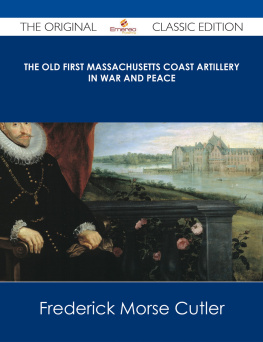



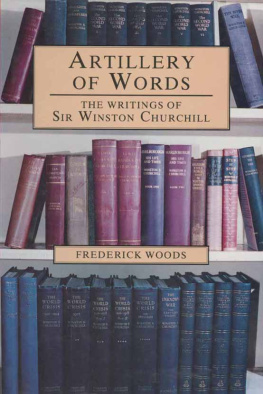
![Mark R. Gilmore - Artillery Employment At The Battle Of Gettysburg [Illustrated Edition]](/uploads/posts/book/291131/thumbs/mark-r-gilmore-artillery-employment-at-the.jpg)
